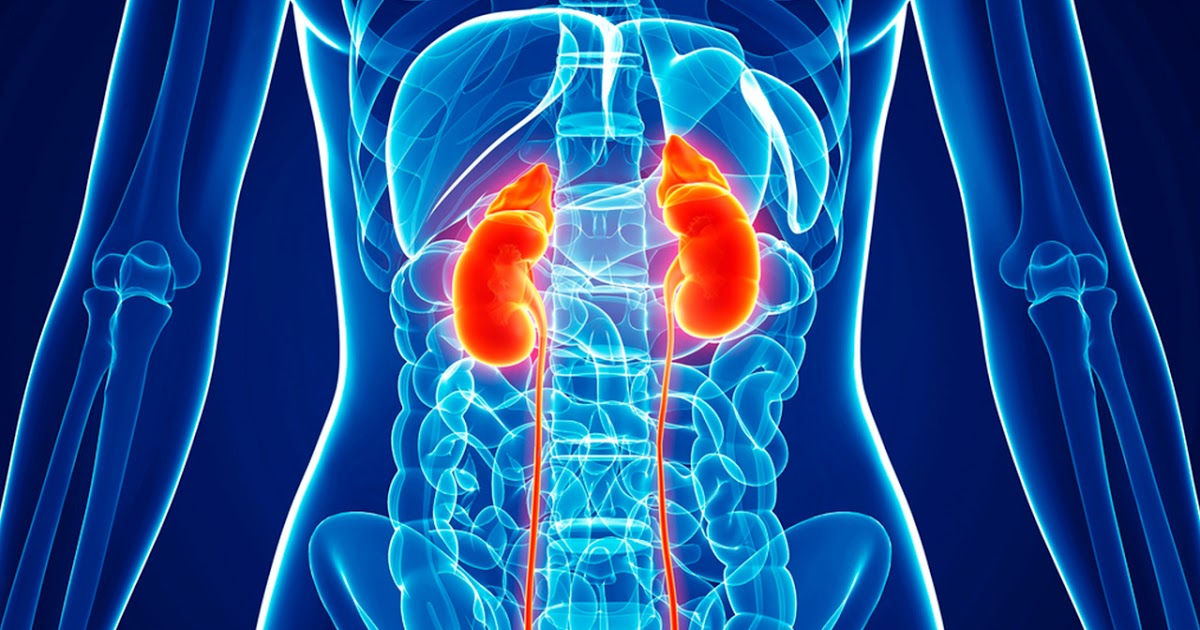Risk Factors, Complications, And Treatment Options For Multiple Myeloma
Issues With Kidney Function

A common complication that occurs in individuals affected by multiple myeloma are issues with kidney function. Out of all patients diagnosed with the disease, between twenty and forty percent of them have a degree of kidney failure at their time of diagnosis. Multiple myeloma cells are known to produce abnormal proteins that tend to build up in the patient's bloodstream. Kidneys have a very critical component called glomeruli, which are many tiny filters the blood passes through for filtration. When the blood flows through the glomeruli, it then passes into the pipes or tubules in the kidney. The abnormal proteins in the blood are able to pass through the filters, but a problem occurs when the proteins enter the tubules. A protein in the tubules called Tamm Horsfall protein inappropriately binds with the abnormal proteins. Once linked, the combination of proteins become too large to pass through the tubules and leave the kidney through the urine. This malfunction causes the tubules to become blocked with these bound proteins. Blocked tubules do not allow the passage of fluid, causing damage to the kidney and its function. This damage results in an inflammatory response by the individual's immune system that exasperates the decreased kidney function.
